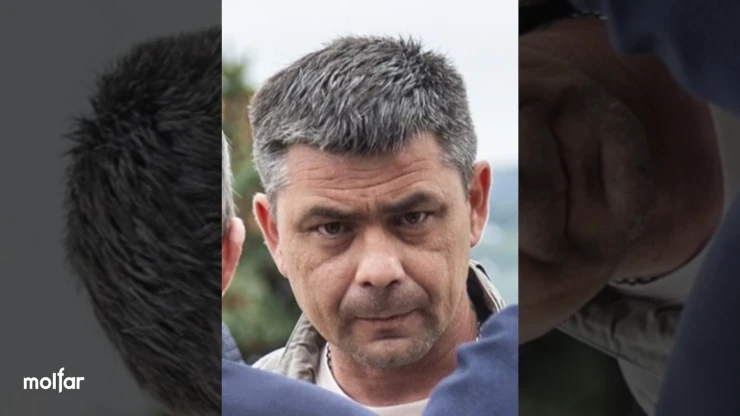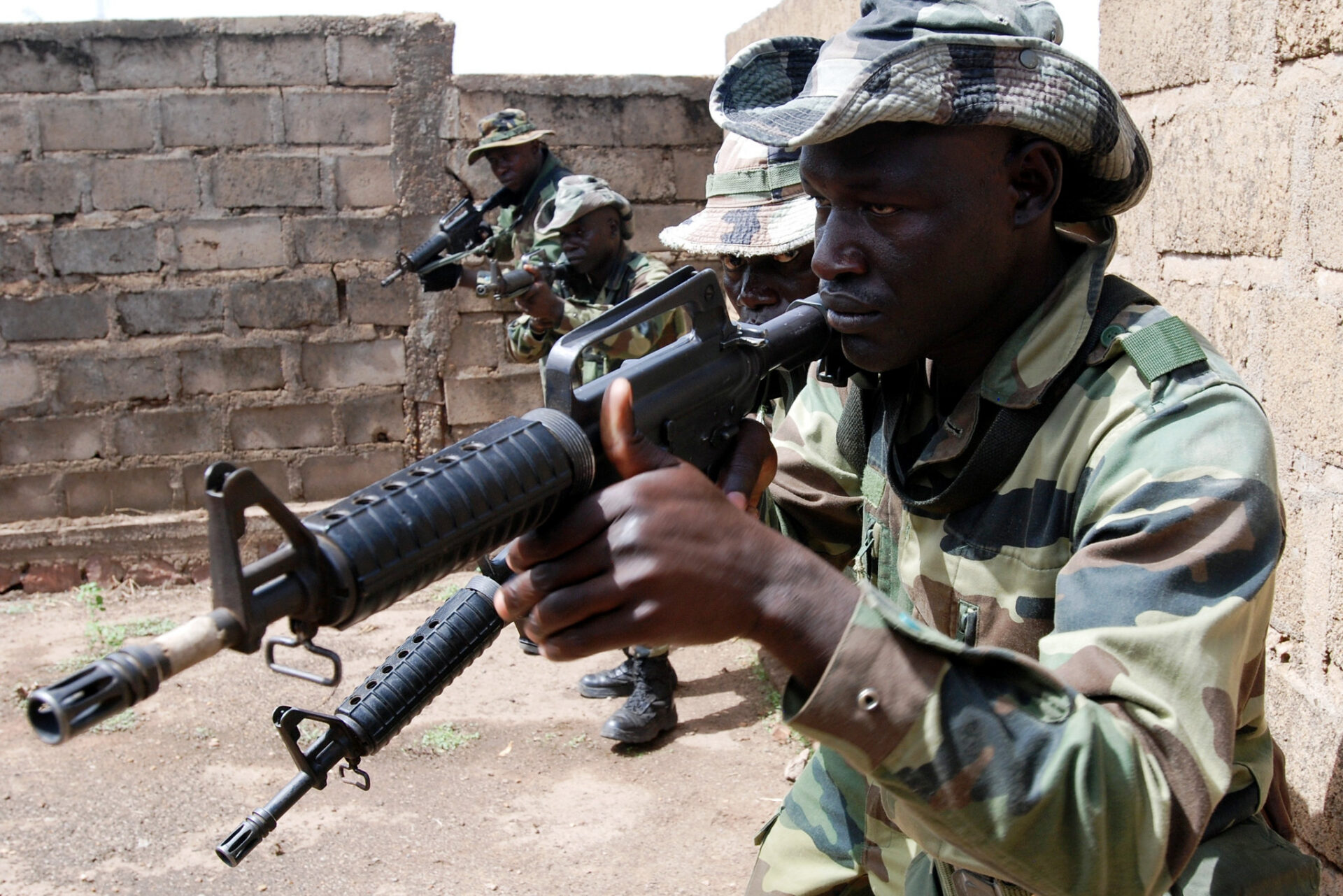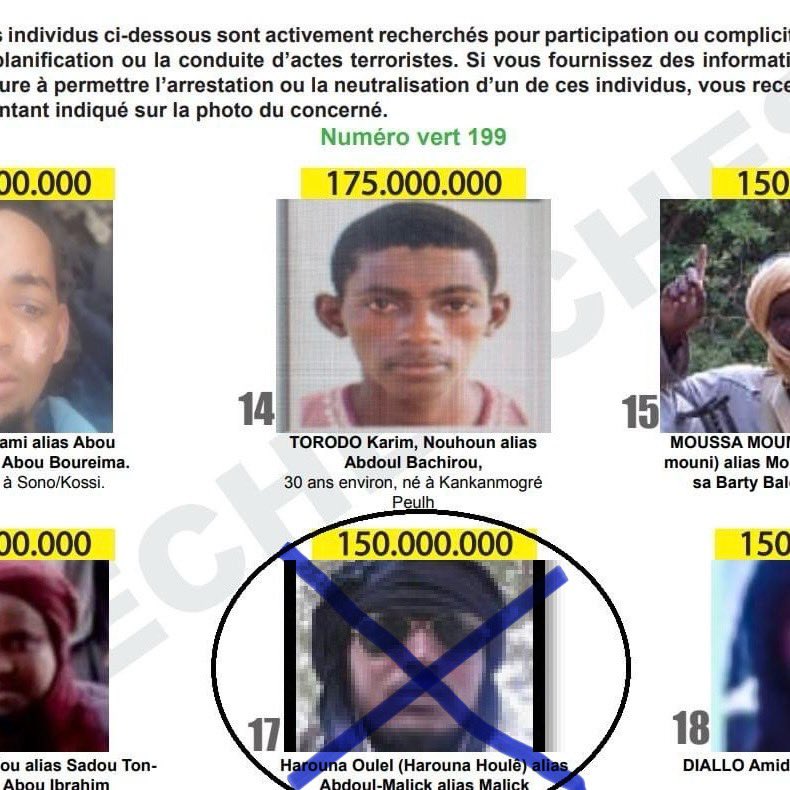
Boko Haram Pledges Loyalty to Mysterious New Leader: Abu Umaimata
Boko Haram Pledges Loyalty to Mysterious New Leader: Abu Umaimata
Since the announcement of the death of Abubakar Shekau in May 2021, Boko Haram has been on the precipice of unraveling. Whereas Shekau had attempted to expand Boko Haram influence into northwestern Nigeria before his death, since his death it has been rivals, such as al-Qaeda-affiliated Ansaru and Islamic State (IS)-affiliated Islamic State in West Africa (ISWAP), which have been most active in northwestern and central Nigeria. In fact, since Shekau’s death Boko Haram, whose formal name is Jama’atu Ahlis-Sunna Lidda’Awati Wal-Jihad (Sunni Muslim Group for Preaching and Jihad), has been losing its base in Sambisa Forest, Borno State and is only now consolidating around Lake Chad under the group’s new leader, Abu Umaimata.
Abu Umaimata was announced as Boko Haram’s leader on May 2 in a video showing several hundred armed Boko Haram fighters in a forested area (Telegram, May 2). The commander at the front of the contingent then declared their loyalty to Abu Umaimata in an Arabic-language statement. Typical of Boko Haram videos during the Shekau era, the fighters wore rag-tag clothing and gathered around in an unsynchronized fashion. In contrast, ISWAP, owing to its media coordination with IS, tends to feature fighters in well-choreographed scenes and professional uniforms.
Ten days later, on May 12, another video from “Islamic State to Jama’atu Ahlis-Sunna Lidda’Awati Wal-Jihad” was released. In the video, the fighters, again in rag-tag clothing but still heavily armed, reconfirmed their loyalty to Abu Umaimata. They spoke in multiple languages from the Lake Chad region, including Buduma, Kanuri and related Kanembu, and Arabic, which indicated they were likely filming around Lake Chad (Telegram, May 12). The mention of “Islamic State” in that video’s title was also a continuation of the Shekau era when the group, despite having been expelled from IS in 2016, still considered itself the rightful IS representative in West Africa, and not ISWAP.
Prior to Abu Umaimata, Bakura Doro and Bakura Sahalaba were believed to be the Boko Haram commanders who succeeded Shekau after Shekau’s death by self-inflicted suicide bombing during an ISWAP offensive to kill him (punch.ng, June 17). It is unclear whether reports of one or both of the Bakuras’ deaths in battle with ISWAP or with the Nigerian or neighboring countries’ are true, or even whether “Abu Umaimata” is a pseudonym for one of the Bakuras (dailytrust.com, May 24). However, the fact that the Bakuras are based around Lake Chad combined with Abu Umaimata’s de facto position as Shekau’s successor represents a commonality between what is known about the Bakuras and Abu Umaimata (Twitter/@VincentFoucher, May 12).
Whatever the case of his true identity, Abu Umaimata will lead a Boko Haram that can contest ISWAP around Lake Chad and may have a chance at a resurgence in Sambisa Forest. The fact that Boko Haram now has a confirmed leader may also serve a unifying force for the group, including fighters in Sambisa Forest who were considering defecting to ISWAP or surrendering to the Nigerian army. Indeed, on May 23, Boko Haram fighters reportedly clashed with ISWAP in Sambisa Forest for the first time since Shekau’s death, killing several ISWAP soldiers (Twitter/@ZagazolaMakama, May 23).
Abu Umaimata may also have opportunities to revive Boko Haram in northwestern Nigeria where it left off before Shekau died. Locals in that region are reporting Boko Haram operating alongside Ansaru (tribuneonline.ng.com, May 14). If their assertions are accurate, the lack of the ruthless Shekau, who had historically ordered assassinations of Ansaru leaders, may have allowed for a thaw in Boko Haram-Ansaru relations in northwestern Nigeria.
At the same time, Abu Umaimata will be facing continued pressure around Lake Chad. For example, on May 26, Niger’s army claimed it killed 40 Boko Haram soldiers around Lake Chad (tv5monde.com, May 26). The Multinational Joint Task Force (MNJTF), which comprises Nigeria, Niger, Chad, and Cameroon around Lake Chad, has claimed the killing of more than 300 Boko Haram members in recent weeks (ripplesnigeria.com, May 15). If Abu Umaimata is seeking to restore Boko Haram to its heyday during the reign of Shekau, he will have to counter the MNJTF and other armies around Lake Chad as well as ISWAP. He will also have to become a charismatic leader like Shekau, and not remain the pseudonymous and mysterious leader that he has been thus far.


